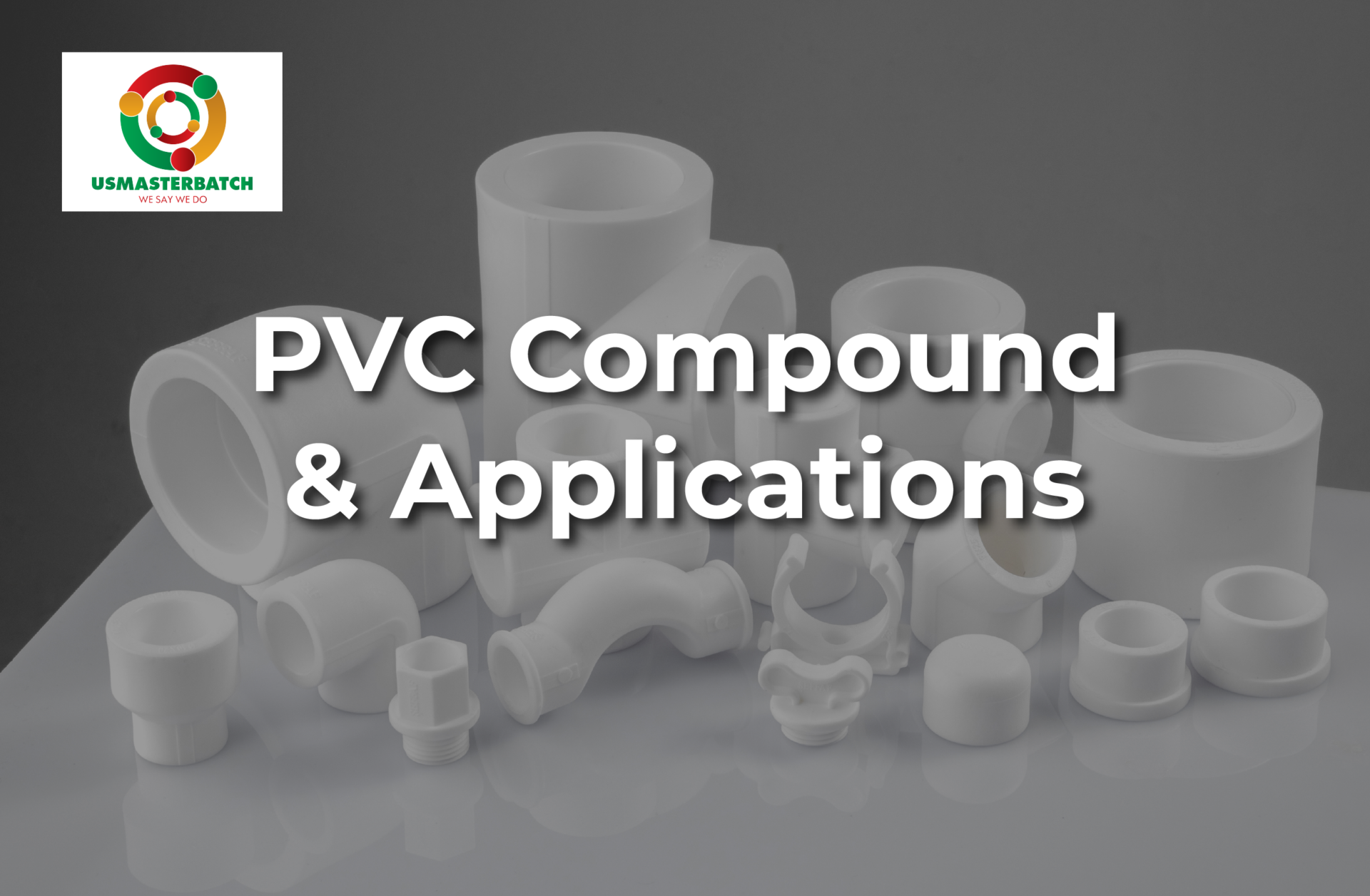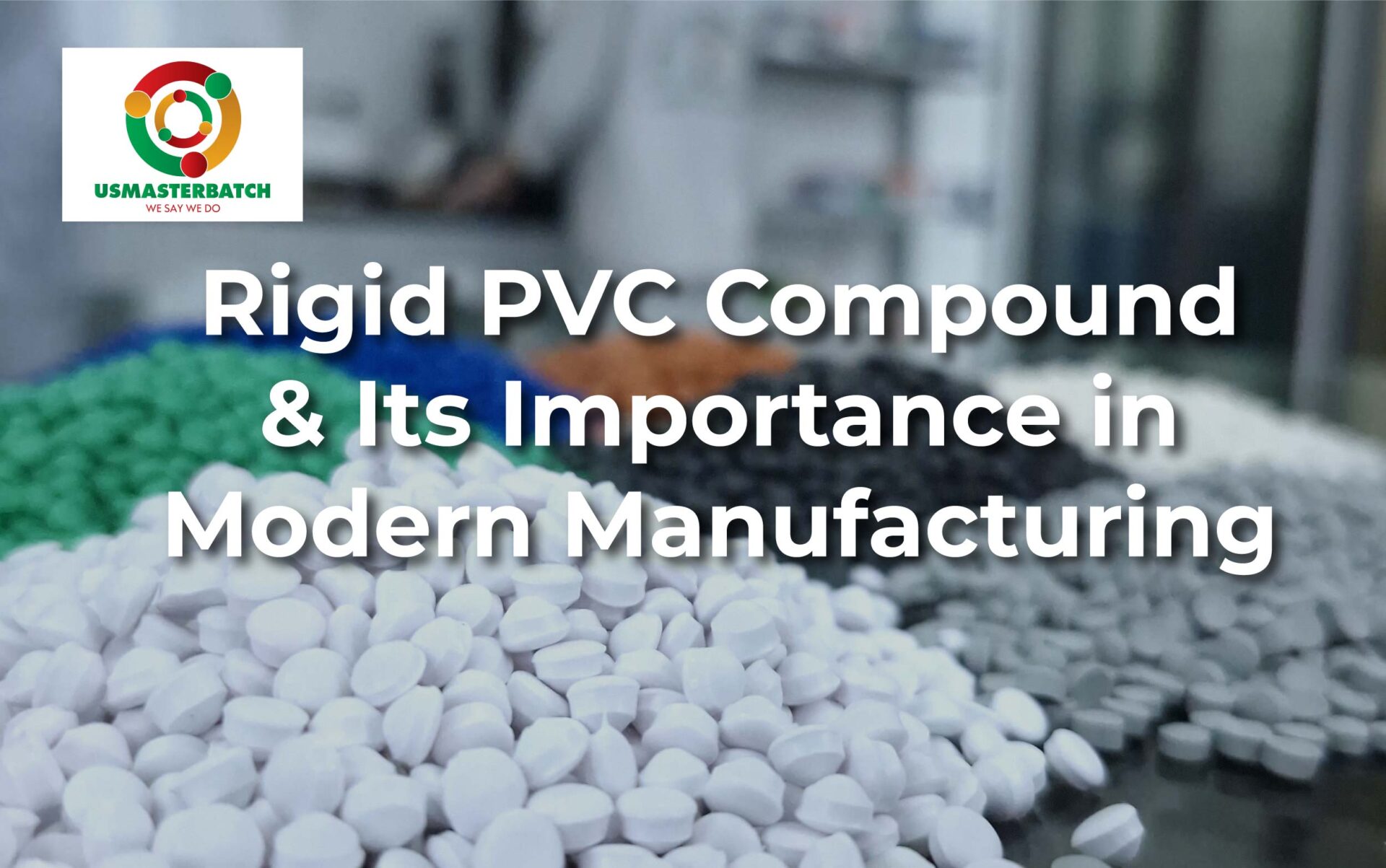Difference Between PVC Resin and PVC Compound
Introduction:
Difference Between PVC Resin and PVC Compound: PVC (Polyvinyl Chloride) is a versatile synthetic polymer widely used in various industries due to its durability, versatility, and cost-effectiveness. In the PVC manufacturing process, two essential terms often arise: PVC resin and PVC compound. While they may sound similar, they have distinct characteristics and applications. In this blog post, we will delve into the key difference between PVC resin and PVC compound, shedding light on their composition, properties, and applications.
What is PVC Resin?
PVC resin refers to the raw form of PVC, which is obtained through a polymerization process. It is a white, powdery substance with a fine particle size. PVC resin is produced by suspending vinyl chloride monomer in water and initiating a polymerization reaction using a catalyst. The resulting PVC resin has a high molecular weight and is free from any additives or modifiers.

PVC Resin
Definition: PVC resin is the raw, unprocessed form of polyvinyl chloride. It is the fundamental building block from which PVC products are derived.
Composition: PVC resin is a polymer made from vinyl chloride monomers through a polymerization process. The basic structure of PVC resin consists of long chains of repeating vinyl chloride units.
Appearance: In its raw state, PVC resin is typically a white powder.
Processing: PVC resin undergoes further processing to impart specific properties and characteristics. This involves combining the resin with various additives such as plasticizers, stabilizers, lubricants, and fillers to create a PVC compound.
1. Construction:
PVC resin is widely used in the construction industry for applications such as:
- Pipes and fittings: PVC pipes & fittings are commonly used for water supply, drainage systems, and irrigation.
- Window frames and profiles: PVC’s durability and low maintenance make it an ideal choice for window frames and profiles.
- Flooring: PVC flooring, such as vinyl tiles or sheets, is a popular option due to its durability and wide range of designs.
- Roofing membranes: PVC roofing membranes offer excellent waterproofing and durability for flat roofs.
2. Electrical and Electronics:
- Cable insulation: PVC resin is used as an insulating material for electrical cables due to its good electrical properties and flame resistance.
- Wire coatings: PVC-coated wires are used in various electrical applications, providing protection and insulation.
- Electrical enclosures: PVC resin can be molded into enclosures for electrical switches, outlets, and other components.
3. Automotive:
- Interior components: PVC resin is used in automotive interiors for components like dashboards, door panels, and upholstery due to its durability and ease of cleaning.
- Seals and gaskets: PVC compounds are used to manufacture seals and gaskets for automotive applications, providing weather resistance and sealing properties.
4. Medical:
- Medical tubing: PVC compounds are used to produce flexible medical tubing for applications like IV lines, catheters, and respiratory devices.
- Blood bags: PVC resin is used in the production of blood bags due to its biocompatibility and ability to maintain the quality of stored blood.
5. Consumer Goods:
- Vinyl records: PVC resin is used to manufacture vinyl records due to its durability and ability to hold grooves.
- Credit cards: PVC is commonly used as a material for credit cards due to its durability, flexibility, and ease of printing.
6. Packaging:
- Shrink wrap: PVC film is used as shrink wrap for packaging purposes, providing protection and tamper-evident features.
PVC Compound

Definition: PVC compound refers to the mixture of PVC resin with various additives to achieve desired properties for specific applications. It is a more complex material than PVC resin and is ready for processing into final products.
Composition: PVC compound includes PVC resin as the primary component, along with plasticizers, stabilizers, lubricants, and fillers. The combination of these additives imparts flexibility, stability, and other characteristics to the compound.
Forms: PVC compounds can be found in various forms, including pellets, granules, or powder, depending on the intended application.
Processing: PVC compound is processed through methods like extrusion, injection molding, or calendaring to create the final products such as pipes, fittings, profiles, cables, and more.
PVC Compound Examples
PVC compounds are used in a wide range of applications across various industries. Here are some examples of PVC compound applications:
1. Cable Insulation and Sheathing:
PVC compounds are extensively used in the cable industry for insulation and sheathing purposes. The flexible PVC compounds provide excellent electrical insulation properties and protect the cables from environmental factors such as moisture, chemicals, and abrasion.
2. Flooring:
PVC compounds are used in the production of resilient vinyl flooring. These compounds offer durability, water resistance, and excellent wear characteristics, making them suitable for commercial and residential flooring applications.
3. Automotive Parts:
PVC compounds find application in the automotive industry for manufacturing various components such as door panels, dashboard covers, seals, gaskets, and interior trim. The flexibility, ease of processing, and resistance to chemicals and UV radiation make PVC compounds ideal for automotive applications.
4. Medical Devices:
PVC compounds are widely used in the healthcare sector for the production of medical devices such as tubing, blood bags, IV bags, catheters, and respiratory masks. PVC compounds used in medical applications are formulated to meet stringent regulatory standards and ensure safety and biocompatibility.
5. Profiles and Extrusions:
PVC compounds are employed in the production of profiles and extrusions used in windows, doors, and other construction applications. The compounds provide weather resistance, thermal insulation, and structural integrity to the profiles, making them suitable for both residential and commercial projects.
6. Pipe and Fittings:
PVC compounds are commonly used in the manufacturing of pipes and fittings for plumbing, irrigation, and drainage systems. These compounds offer excellent chemical resistance, durability, and ease of installation, making them a popular choice for various piping applications.
7. Electrical Conduits:
PVC compounds are used for manufacturing electrical conduits and ducts. The compounds provide insulation, protection against moisture and corrosion, and ease of installation for electrical wiring systems.
8. Seals and Gaskets:
PVC compounds are utilized for producing seals and gaskets in industrial applications. The compounds offer excellent sealing properties, resistance to chemicals and environmental factors, and can be customized to meet specific requirements.
These are just a few examples of the many applications where PVC compounds are used. The versatility, cost-effectiveness, and performance characteristics of PVC compounds make them a preferred choice in numerous industries.
Composition and Properties
PVC Resin:
- PVC resin is primarily composed of polymerized vinyl chloride molecules.
- It is a rigid and brittle material with a high glass transition temperature.
- PVC resin has excellent chemical resistance, electrical insulation properties, and flame-retardant capabilities.
- It is commonly used in pipes, fittings, window frames, and other construction applications.
PVC Compound:
- PVC compound consists of PVC resin blended with additives, plasticizers, stabilizers, and fillers.
- The additives and plasticizers make the compound more flexible and improve its impact resistance
- Stabilizers are included to enhance the compound’s heat stability and weather resistance.
- Fillers are added to modify the compound’s physical properties and reduce costs.
- PVC compounds can be formulated for specific applications such as cables, flooring, automotive parts, and medical devices.
Conclusion:
In summary, PVC resin is the foundational polymer, and PVC compound is the result of blending PVC resin with additives to create a material with tailored properties for specific applications. The transformation from PVC resin to PVC compound allows for the customization of PVC materials to meet the diverse requirements of different industries.
Contact us:
☎️ Whatsapp: (+84) 348280698
📧Email: laura@usmasterbatch.com










